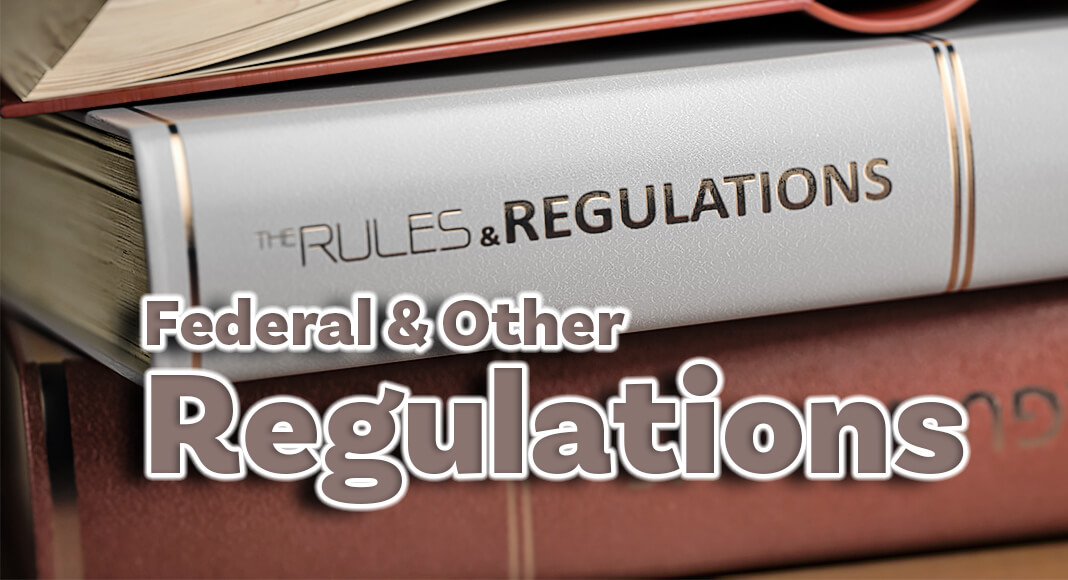
Texas Border Business
Years ago, I inextricably found myself with a couple of carloads of kids at a bowling alley on an otherwise pleasant Saturday morning. Things quickly went south, as the younger ones consistently rolled balls into the gutter and cried. Finally, the operator took pity on me and put bumpers in their lane, thus allowing them to knock down a few pins. The mood immediately changed to one of joy and excitement. It occurred to me that I had just witnessed the perfect metaphor for proper regulation. You need a wide berth that provides plenty of room for innovation and success, but safeguards to keep things out of a ditch.
Federal (and other) regulations are essential to the smooth functioning of the economy, protecting health and safety and removing uncertainty. However, excessive or poorly conceived requirements can exert a high and unnecessary cost on individuals, businesses, and the overall economy.
The Federal Register tracks various federal government releases on a daily basis, including regulations. Today, for example, 60 documents from 21 agencies were released, including several new and proposed rules. Topics ranged from insurance portability to requirements regarding certificates for a part which affects thousands of US aircraft.
Tracking new rules is the responsibility of those affected. Companies must determine whether new rules are applicable, then take compliance actions if necessary. At times, compliance is costly, and resources are diverted from other activities.
Additionally, the Code of Federal Regulations is the collection of rules promulgated by federal departments and agencies. Businesses, workers, consumers, and others must adhere to these rules, which currently total about 190,000 pages. In the past four years, 788 “significant” rules were implemented with annual effects of $200 million or more each (approximately one every other day).
Clearly, when public safety or other critical factors are at issue, appropriate rules are needed and desirable. In other cases, however, agencies may put forward initiatives providing inadequate benefits for the costs involved. These rules cost hundreds of billions of dollars per year, in addition to millions of hours in paperwork. To the extent that any of them aren’t needed, their elimination or revision would be beneficial for efficiency.
President Trump is not the first to propose deregulation. Presidents Carter, Reagan, and Clinton each made strides in reducing burdens. Common sense actions such as reviewing and evaluating existing rules are clearly warranted, as long as key societal goals are not compromised.
A well-structured regulatory framework provides myriad benefits, from enhancing safety to reducing uncertainty, and is essential for proper functioning of the economy. Conversely, excessive or inappropriate rules represent drains on business activity and are worthy of review. We just need to keep the balls in the lane. Stay safe!
___________________________
Dr. M. Ray Perryman is President and Chief Executive Officer of The Perryman Group (www.perrymangroup.com), which has served the needs of over 3,000 clients over the past four decades.















